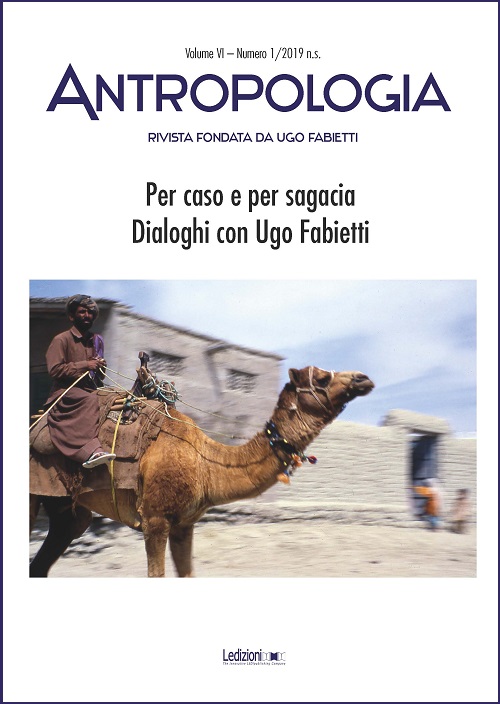James Mooney and Native AmericansTherapeutic efficacy, religious freedom, and advocacy in a pioneer of anthropological research
DOI:
https://doi.org/10.14672/ada2019152563-91Keywords:
James Mooney, History of anthropology, Field research, Messianic movements, Therapeutic efficacyAbstract
Beginning with some important historiographical solicitations by Ugo Fabietti, the figure of James Mooney is analyzed, a scholar of Irish origin who between the nineteenth and twentieth centuries carried out significant research among Native Americans as an anthropologist for the Bureau of American Ethnology. Having reconstructed his educational background and study interests, made clear the theoretical specificities aimed at overcoming the dictates of evolutionism, highlighted certain innovative aspects of field research based also on the pioneering use of audiovisual recording systems, the focus is on the concepts of therapeutic efficacy and religious freedom present in Mooney's research on messianic movements (Ghost Dance) and religious practices (Peyote Religion). Through the use of multiple documentary sources and comparison with the relevant international literature, the main features of a particular way of conceiving anthropological knowledge are analyzed, in which the understanding of other cultures is by no means divorced from a close public advocacy of native peoples
Downloads
Published
Issue
Section
License
Copyright (c) 2019 Antropologia

This work is licensed under a Creative Commons Attribution 4.0 International License.
Authors maintain the copyright of their original work and grant the Journal the right to first publication, licensed after 36 months under a Creative Commons Licence – Attribution, which allows others to share the work by indicating the authorship and first publication in this journal.
Authors may agree to other non-exclusive licence agreements for the distribution of versions of their published work (for example in institutional archives or monographs) under the condition that they indicate that their work was first published in this journal.



